- Overview
- Symptoms
- Causes & Risks
- Screening & Testing
- Diagnosis
- Treatment
- How HIV Affects the Body
- Opportunistic Infections
- Complications
- Living With
- Dating & Relationships
- Support & Resources
- Prevention
- Appointment Prep
- View Full Guide
Famous Faces of HIV and AIDS

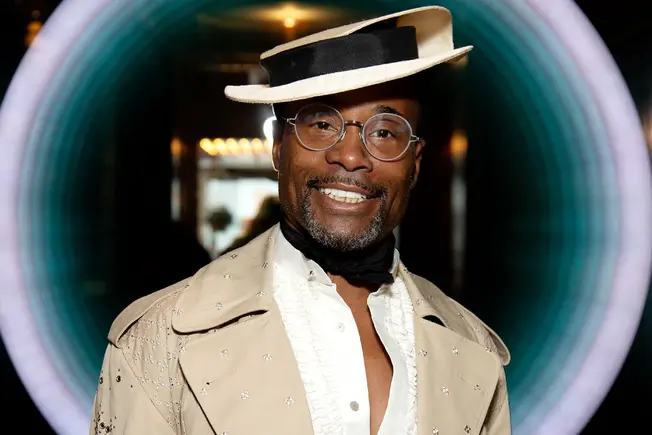
Billy Porter
The Emmy-winning star of the TV show Pose was diagnosed with HIV in 2007 but kept his status quiet out of fear over how the entertainment industry would react. He used his HIV-positive character as a proxy until the COVID-19 pandemic led him to take stock of his life and share his status with the world. “The truth is the healing. And I hope this frees me,” he told the Hollywood Reporter.
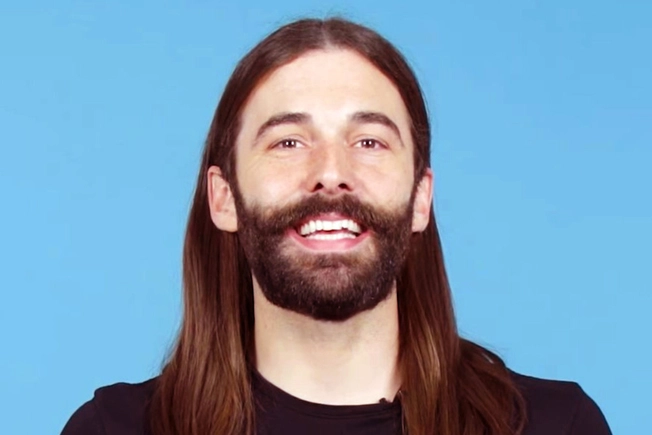
Jonathan Van Ness
The Queer Eye hair and grooming guru was diagnosed at the age of 25 but didn’t reveal it until 7 years later as his memoir, Over the Top, was hitting the shelves. In the book, he shares how sexual abuse led to self-destructive behavior like casual sex and drugs. An HIV diagnosis helped turn his life around. His Game of Thrones parody, Gay of Thrones, was nominated for three Emmys and led to his breakout role on Netflix’s Queer Eye reboot.
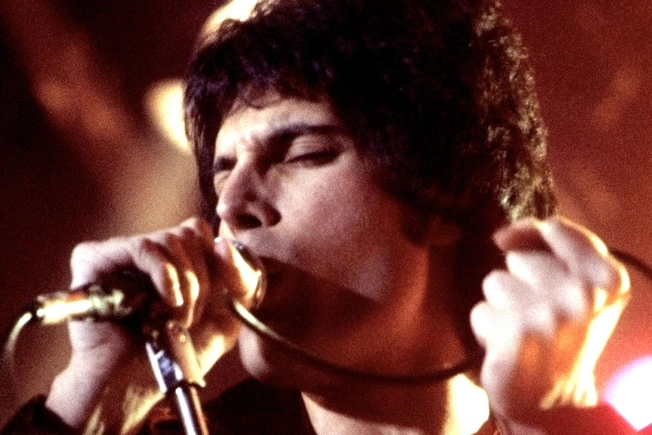
Freddie Mercury
The flamboyant front man for the band Queen kept quiet about his HIV status until the day before his death from AIDS-related bronchial pneumonia in November 1991. In a final public statement, he wrote: "I felt it correct to keep this information private to date in order to protect the privacy of those around me. However, the time has now come for my friends and fans around the world to know the truth, and I hope that everyone will join with me, my doctors and all those worldwide in the fight against this terrible disease."
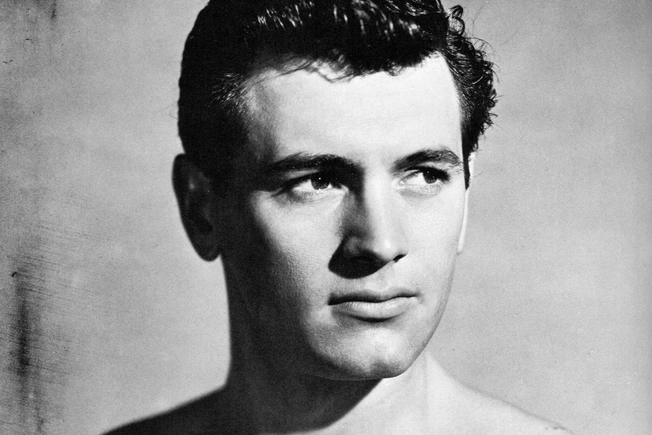
Rock Hudson
Hudson was nominated for an Oscar for his role in the 1956 film Giant, starring alongside Elizabeth Taylor and James Dean. But it was a series of romantic comedies with Doris Day that propelled him to heartthrob status in the late 1950s and early ’60s. He kept his sexuality a closely guarded secret throughout his career and in July 1984 became the first major public figure to announce he had AIDS. He died in October 1985.

Ryan White
The Indiana teen got the virus from a blood transfusion as a treatment for hemophilia. He became a household name in 1985 when he fought to be readmitted to public school. His story drew worldwide attention, and he became a spokesman and public face of the disease. He gained attention from megastars like Elton John, who was in White’s hospital room when he died in April 1990. Shortly after, President George H.W. Bush signed the Ryan White CARE Act, which helps more than half of the people in the U.S. diagnosed with the disease.
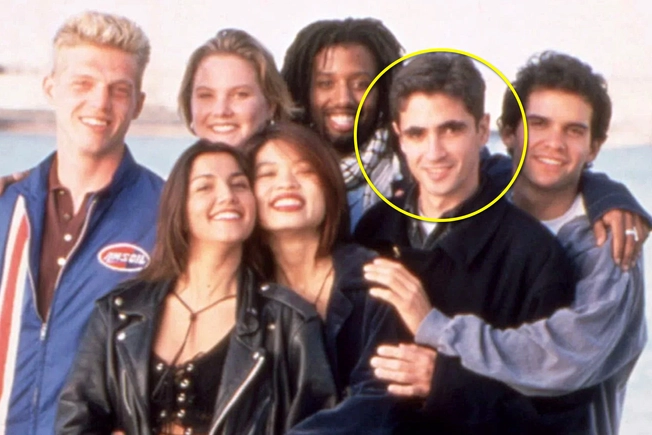
Pedro Zamora
In 1994, Zamora joined the cast of MTV's The Real World: San Francisco, making him the first openly gay man with HIV to appear on TV. He was diagnosed in 1989 at 17 and quickly became an advocate for HIV prevention and care, visiting churches and schools to educate kids about transmission and hand out condoms. In November 1994, one day after the season finale aired, he died at age 22 from progressive multifocal leukoencephalopathy.
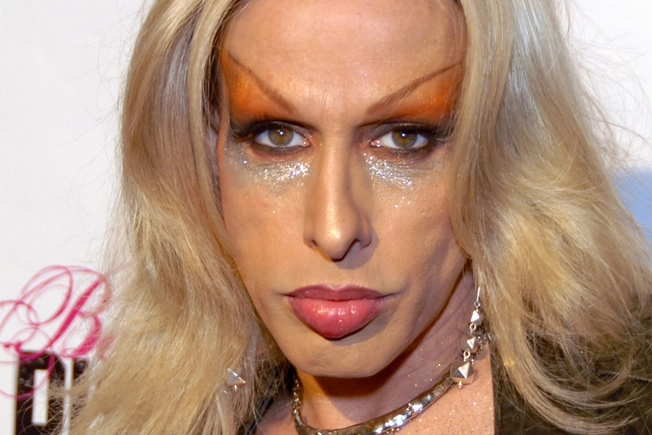
Alexis Arquette
Arquette was born into an acting family that includes siblings David, Rosanna, and Patricia, who famously memorialized her in a speech at the 2019 Emmy Awards. She chronicled her sex reassignment surgery in a 2007 documentary, Alexis Arquette: She’s My Brother, but returned to presenting as a man in 2013 as her health failed. She was diagnosed with HIV in 1989 and died in September 2016. The Alexis Arquette Family Foundation, created by her family, works with the Los Angeles County+USC Medical Center to provide medical and mental health support to LA’s LGBTQ residents.
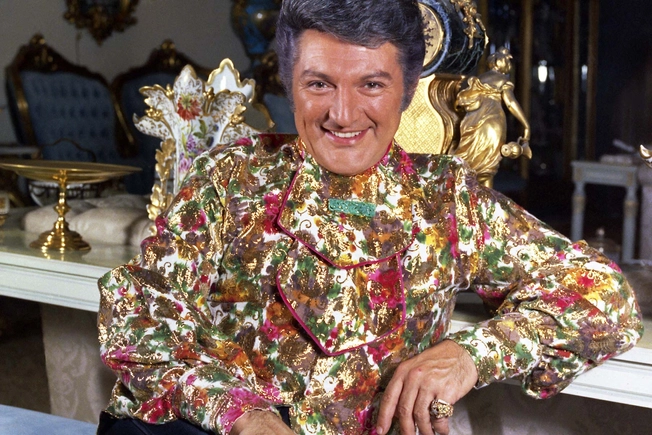
Liberace
The famed pianist was known for his over-the top performances, costumes, and piano-top candelabra. Liberace denied claims he was gay, suing both the London tabloid Daily Mirror in 1956 and his chauffeur and secretary, Scott Thorson, who sued for palimony in 1982. When he died in February 1987, his lawyer, manager, and publicist denied he had AIDS. The cause of death was listed as heart failure. But an autopsy showed he had AIDS and died from pneumonia.
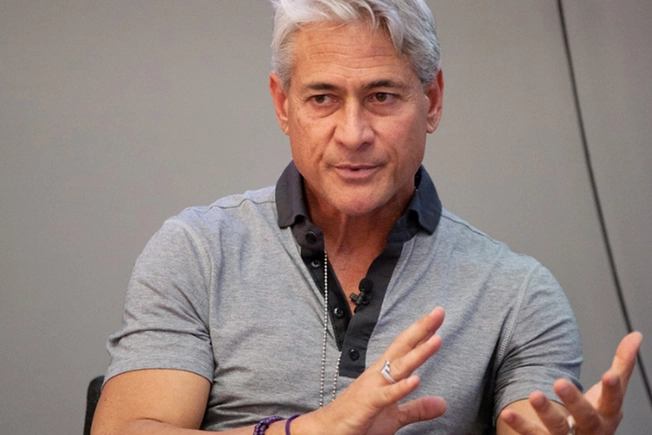
Greg Louganis
Despite bringing home gold medals from two Olympic Games, this champion diver didn’t think he’d live to see 30. When he was diagnosed at 28, just before the 1988 games, “we thought of HIV as a death sentence,” he told ESPN magazine. More than 3 decades later, Louganis says, “HIV taught me not to take anything for granted.” In recent years, he’s mentored the U.S. diving team at the Rio Olympics, been the subject of a Sports Emmy-nominated documentary (Back on Board), and received America’s ultimate quirky stamp of athletic honor -- his image on a Wheaties cereal box.
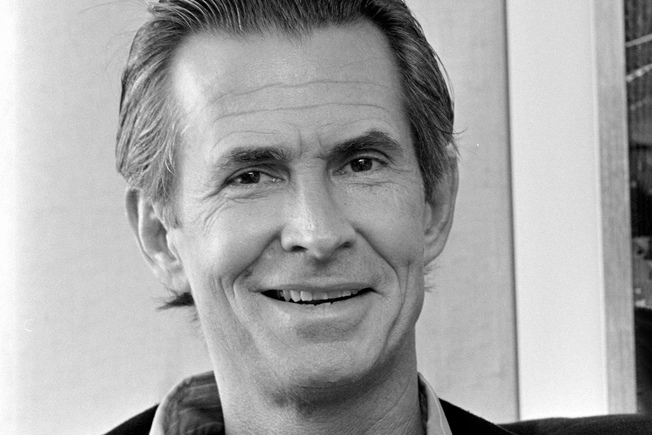
Anthony Perkins
He’s best remembered for his role as Norman Bates in Alfred Hitchcock’s 1960 horror classic Psycho, but Perkins started working at 15 and garnered Oscar and Tony nods throughout the 1950s. He was diagnosed with HIV in the late 1980s. While he kept it a secret, he worked with Project Angel Food, which provides meals for homebound people with HIV. In a statement released shortly before his death in September 1992, he said: “There are many who believe that this disease is God’s vengeance, but I believe it was sent to teach people how to love and understand and have compassion for each other.”
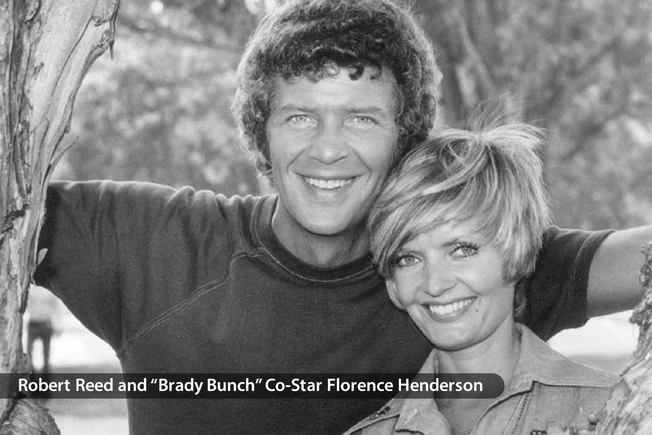
Robert Reed
This Shakespearean-trained actor appeared on Broadway in Neil Simon’s Barefoot in the Park. But he became America’s dad in 1969 when he was cast as Mike Brady, the father of three sons in a blended family known as The Brady Bunch. Reed, who was gay, hid his sexuality during his decades in Hollywood. His death, originally attributed to colon cancer, was later found to have been hastened by AIDS.
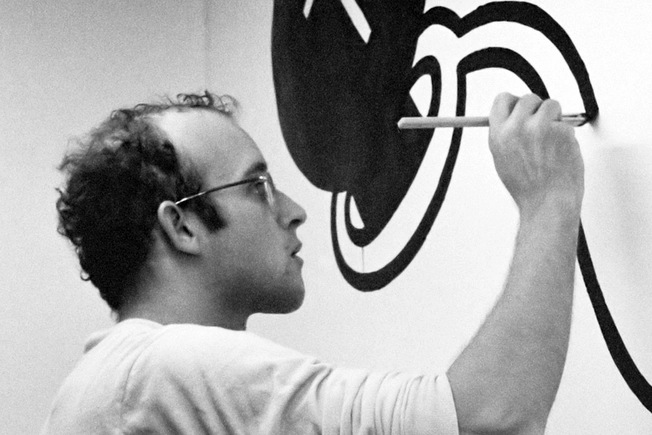
Keith Haring
The artist shot to fame after plastering New York City’s subways with distinctive, cartoonish drawings. As his career grew, so did his advocacy for AIDS-related causes. He was diagnosed in 1988 and established the Keith Haring Foundation in 1989 to provide art and money for AIDS organizations and children’s programs. He died of AIDS-related complications in February 1990.
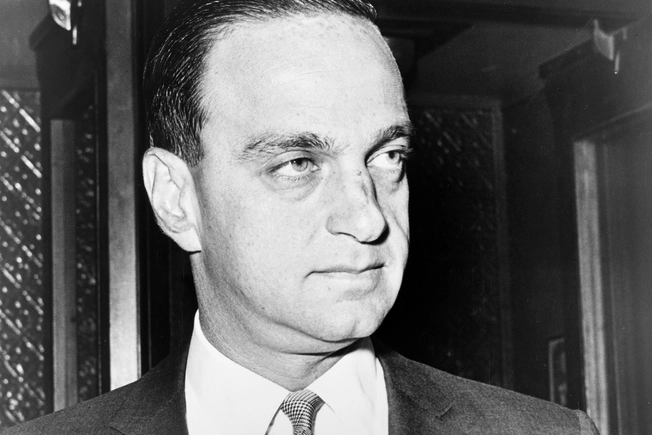
Roy Cohn
In the 1950s, Cohn served as chief counsel to Sen. Joseph McCarthy during efforts to expose Communists in the U.S. government. In the 1960s and ’70s, he defended New York City mob figures. In June 1986, he was disbarred by New York state for misconduct. He died in August 1986 from a heart attack with secondary causes listed as dementia and an underlying HTLV III infection -- now known as HIV, the virus that causes AIDS. Cohn repeatedly denied he had AIDS, instead saying he had liver cancer.
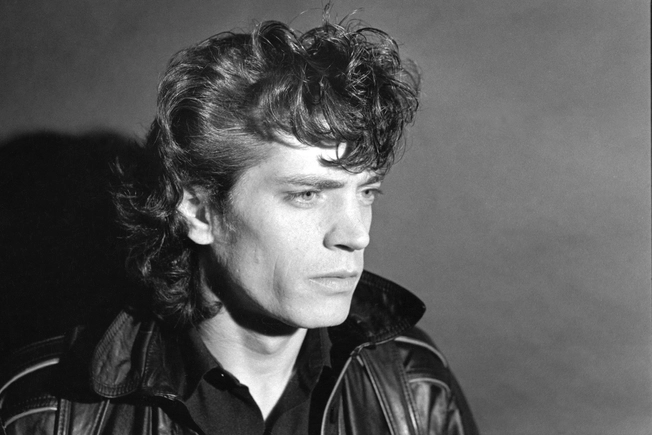
Robert Mapplethorpe
Known for his sexually charged -- and often graphic -- photos, Mapplethorpe wasn’t afraid to turn the camera on himself and document how AIDS affected him. His illness became public when his former lover and friend, art collector Sam Wagstaff, died of AIDS in 1987. As Wagstaff’s heir, he became a supporter of the American Foundation for AIDS Research (amfAR), supporting research into medication. He also established the Robert Mapplethorpe Foundation, which focuses on AIDS research and the visual arts.
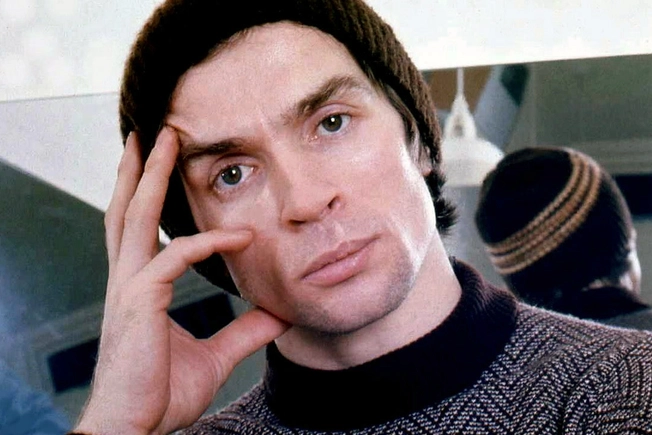
Rudolf Nureyev
The dancer, who defected from the Soviet Union in 1961, denied having HIV. But his doctor, Michael Canesi, confirmed that Nureyev’s death resulted from AIDS. Canesi told Paris’ Le Figaro that the dancer was afraid to reveal his illness because it might limit his career. Nureyev was diagnosed in 1984. Canesi was treating him for pericarditis, an inflammation of the membrane around the heart, when Nureyev died in January 1993.
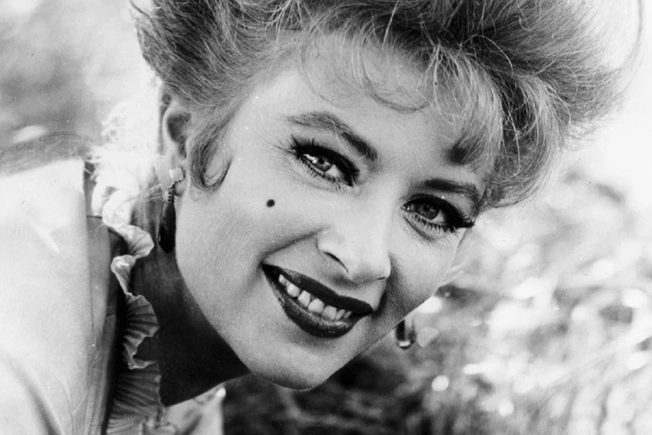
Amanda Blake
Better known to TV fans as Miss Kitty on the 1960s TV show Gunsmoke, Blake became the first well-known actress to die from AIDS. Her original cause of death was listed as oral cancer, but her doctor later said she died from liver failure brought on by AIDS-related hepatitis. She was diagnosed in 1988, a year before her August 1989 death. Friends believe she got the virus from her ex-husband, Mark Spaeth, a Texas developer who died of AIDS in 1985.
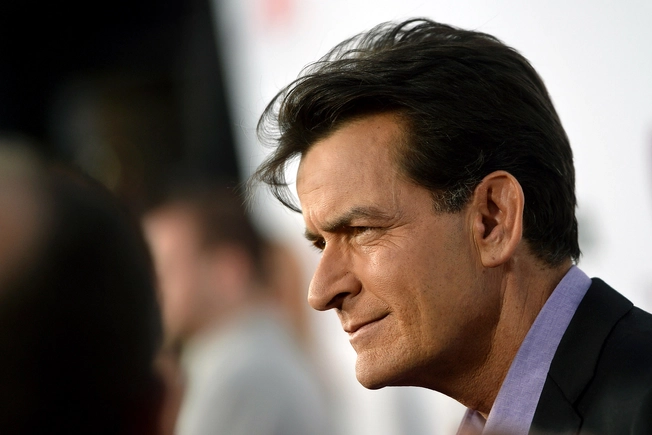
Charlie Sheen
In November 2015, this actor revealed that he'd been living with HIV -- the virus that causes AIDS -- for at least 4 years. He said he didn't know how he got it, and he admitted he'd paid people more than $10 million not to tell anyone he had it. Since then, he's become a spokesman for a Swedish brand of condoms and a public advocate for safe sex.
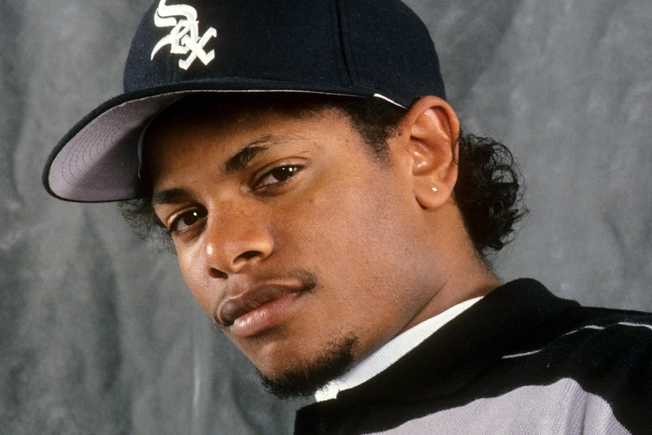
Eazy-E
This rapper from the group N.W.A. -- the subject of the movie Straight Outta Compton -- died in 1995 at 31, just a few weeks after learning he had AIDS. He didn't say how he got it, but he told the L.A. Times, "I have seven children by six different mothers. Maybe success was too good to me." His wife, whom he married just before his death, and his infant son didn't get the virus.
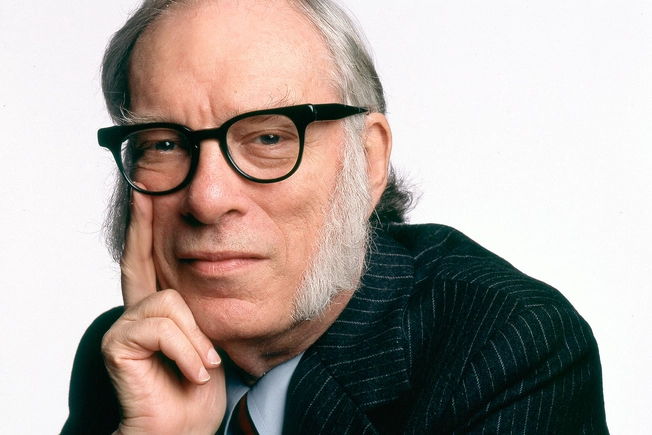
Isaac Asimov
The heart and kidney failure that killed the legendary science fiction writer in 1992 were caused by AIDS. He got HIV from a blood transfusion during heart surgery in 1983. It wasn't revealed publicly until his book It's Been a Good Life was published in 2002. It was written by Asimov before his death and edited by his wife after he died.
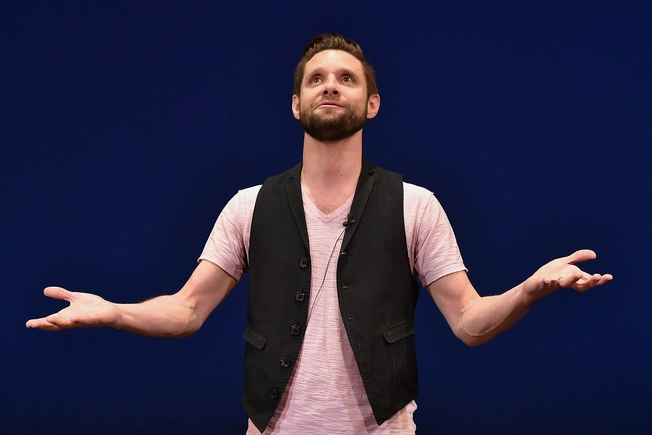
Danny Pintauro
Best known for his role as one of the kids in the '80s sitcom Who's The Boss?, Pintauro has been HIV positive since 2003. He says he got the virus while using the powerful street drug crystal meth, which can lead to risky behavior and may make your immune system weak.
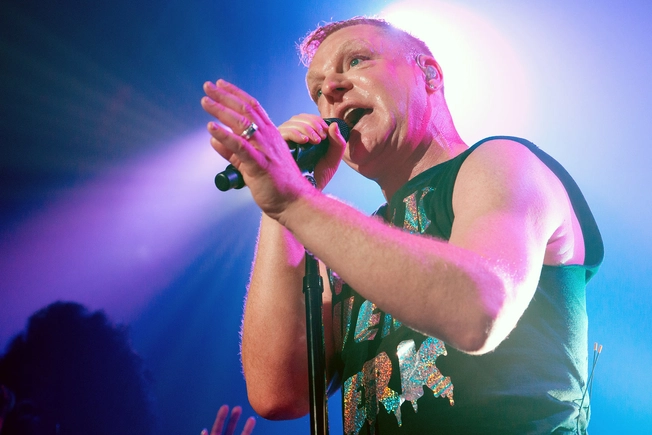
Andy Bell
Just before Christmas 2004, the lead singer of the band Erasure said he and his boyfriend were HIV-positive. He told HIV Plus Magazine that he'd known for more than 6 years but waited to talk about it because he didn't feel ready. His boyfriend -- and the band's manager -- Paul Hickey wrote about their life with the virus in the book Sometimes: A Life of Love, Loss & Erasure. Hickey died in 2012.
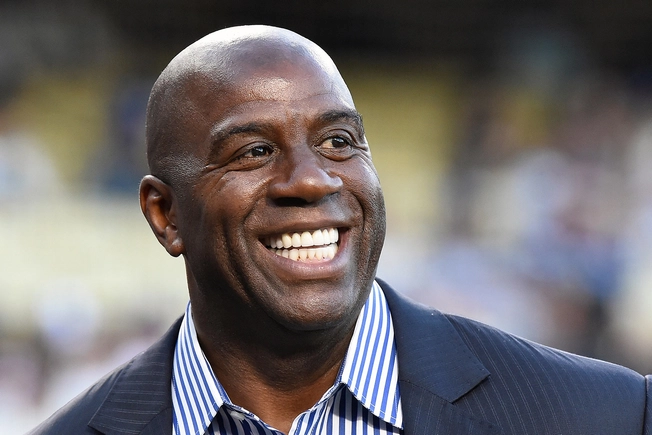
Magic Johnson
The basketball legend announced he was HIV-positive in October 1991. The news was a wake-up call to straight men who thought they weren't at risk for the disease. Johnson retired from the L.A. Lakers but played in the 1992 NBA All-Star Game and helped the U.S. Olympic Team take the gold later that same year. Since then, he's worked to educate people about HIV and AIDS.

Chuck Panozzo
In a 2002 article for The Advocate, the bass player for the band Styx wrote: "When I was diagnosed 10 years ago, there was a lot of suffering in the gay community. Many people I knew died prematurely. … A whole segment of America was shunned because politics and religion got involved. That's an outrage." Panozzo is a spokesman for Human Rights Campaign and speaks about HIV/AIDS issues.
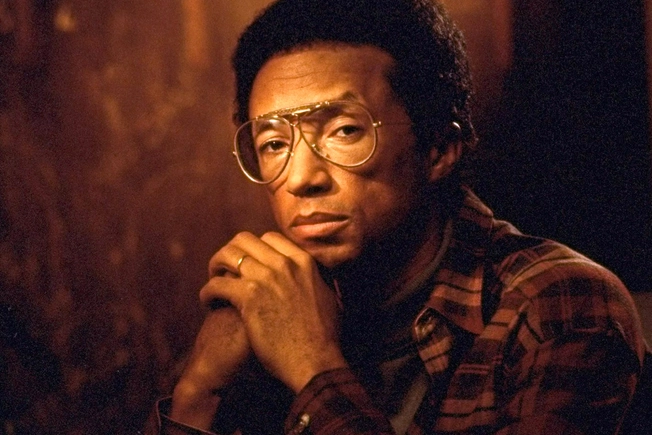
Arthur Ashe
The man who helped break the color barrier in professional tennis revealed he had AIDS in April 1992. He got HIV from a blood transfusion related to heart surgery. Once he went public, he spent the last months of his life raising awareness about HIV/AIDS and spoke about it on the floor of the United Nations. He died of complications from AIDS in February 1993.